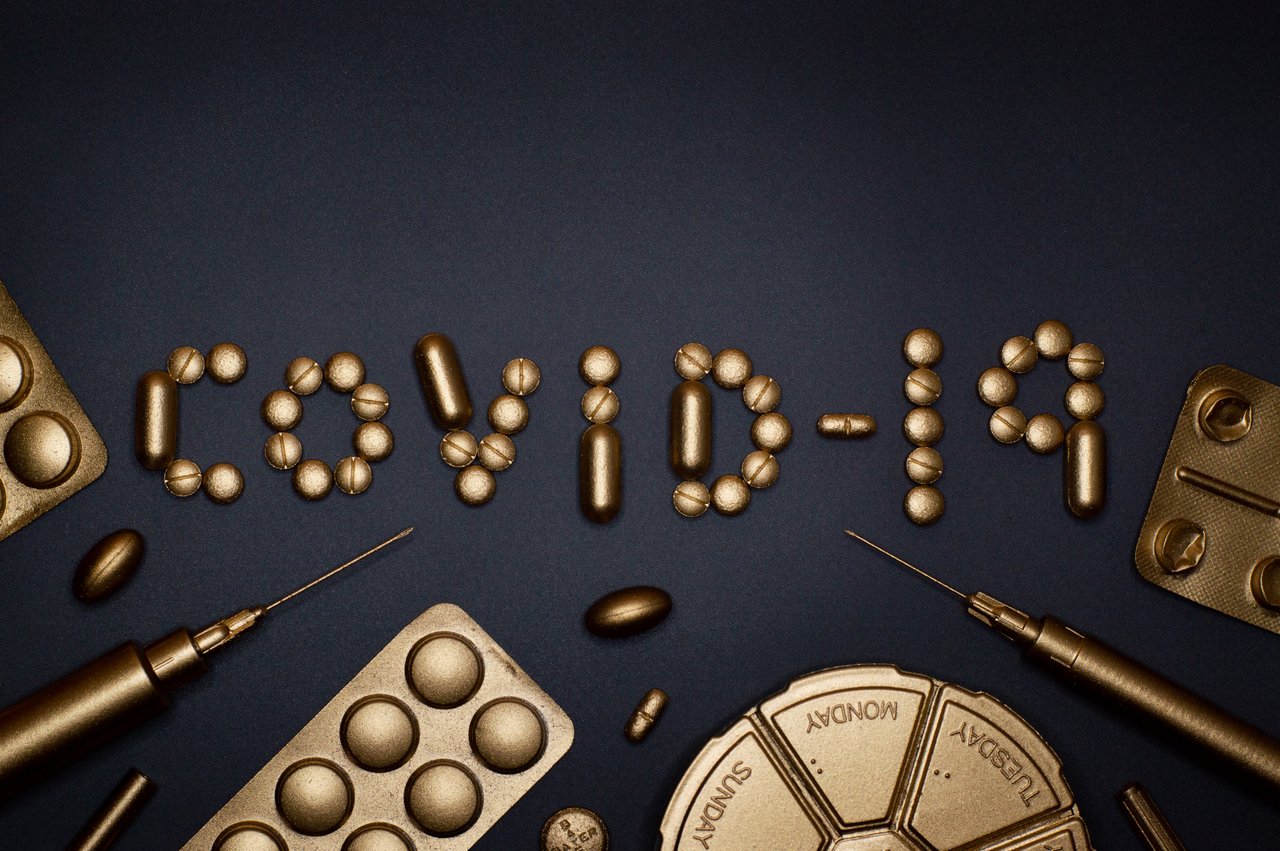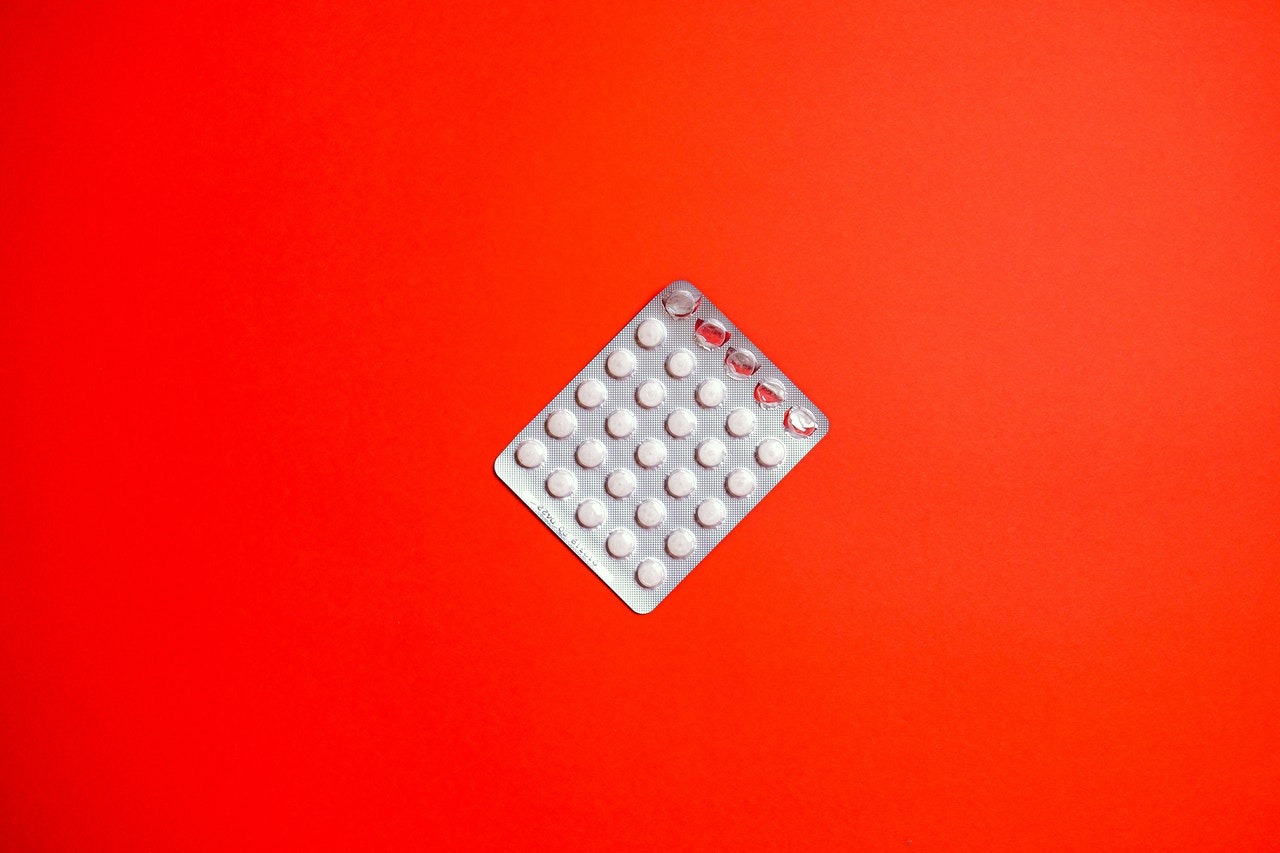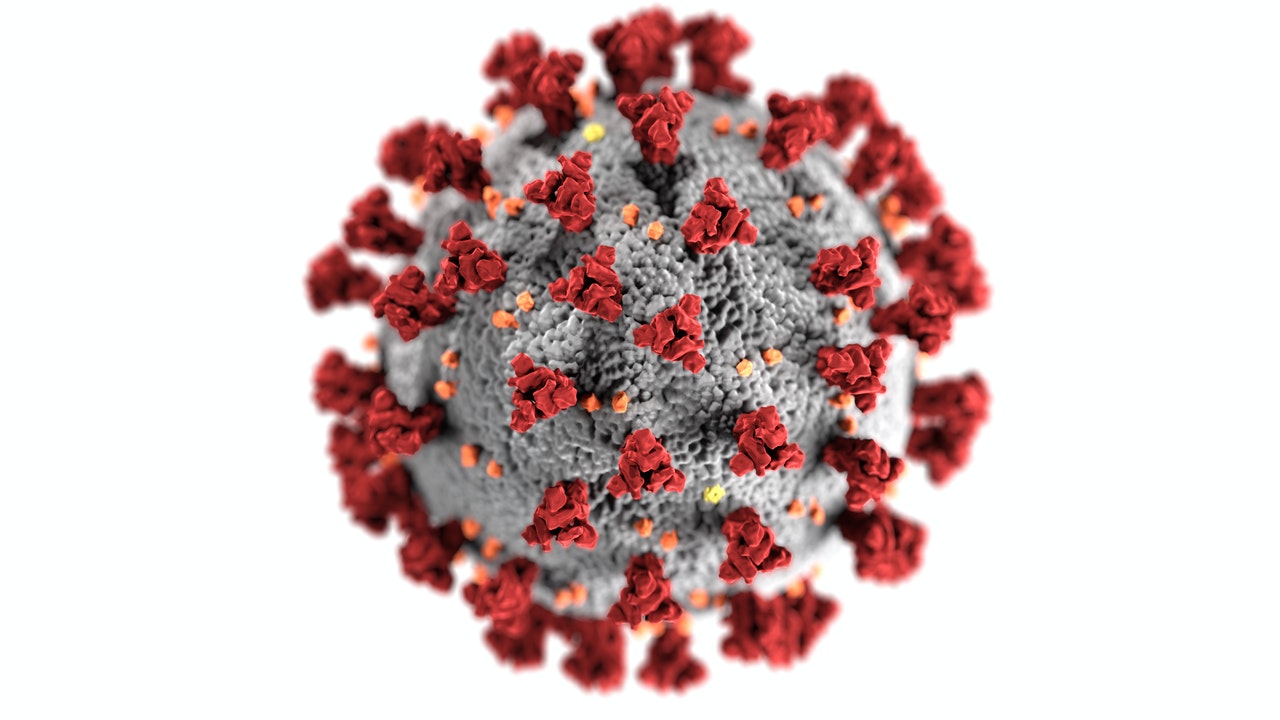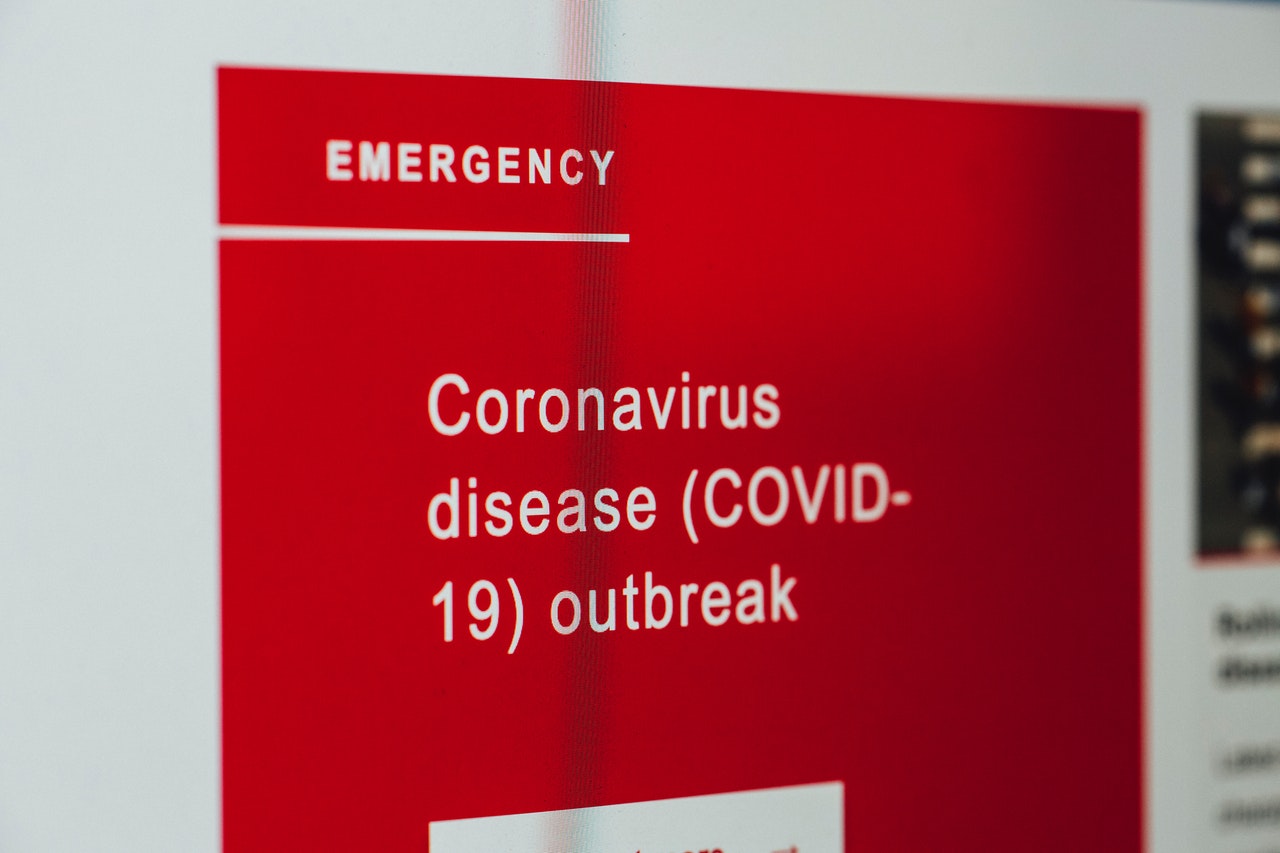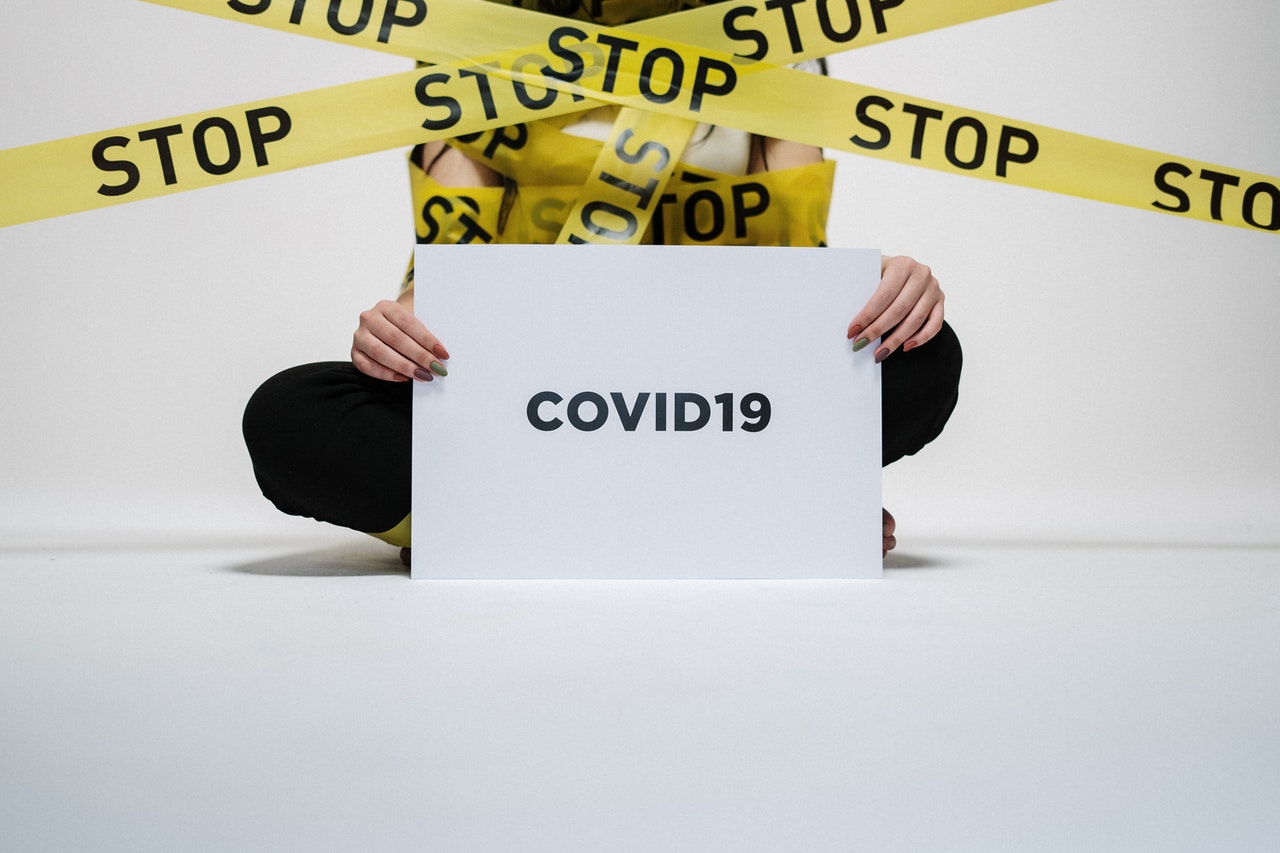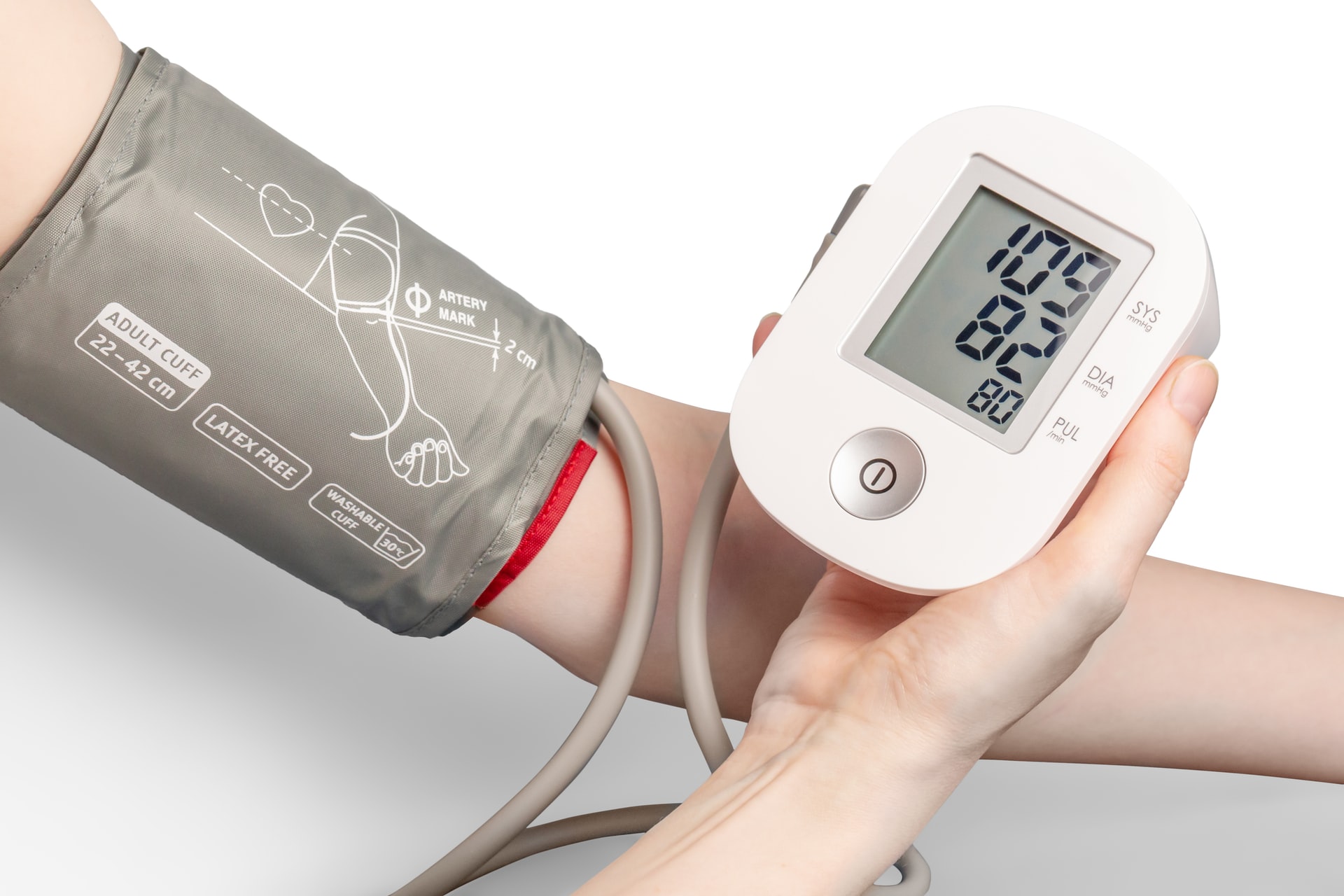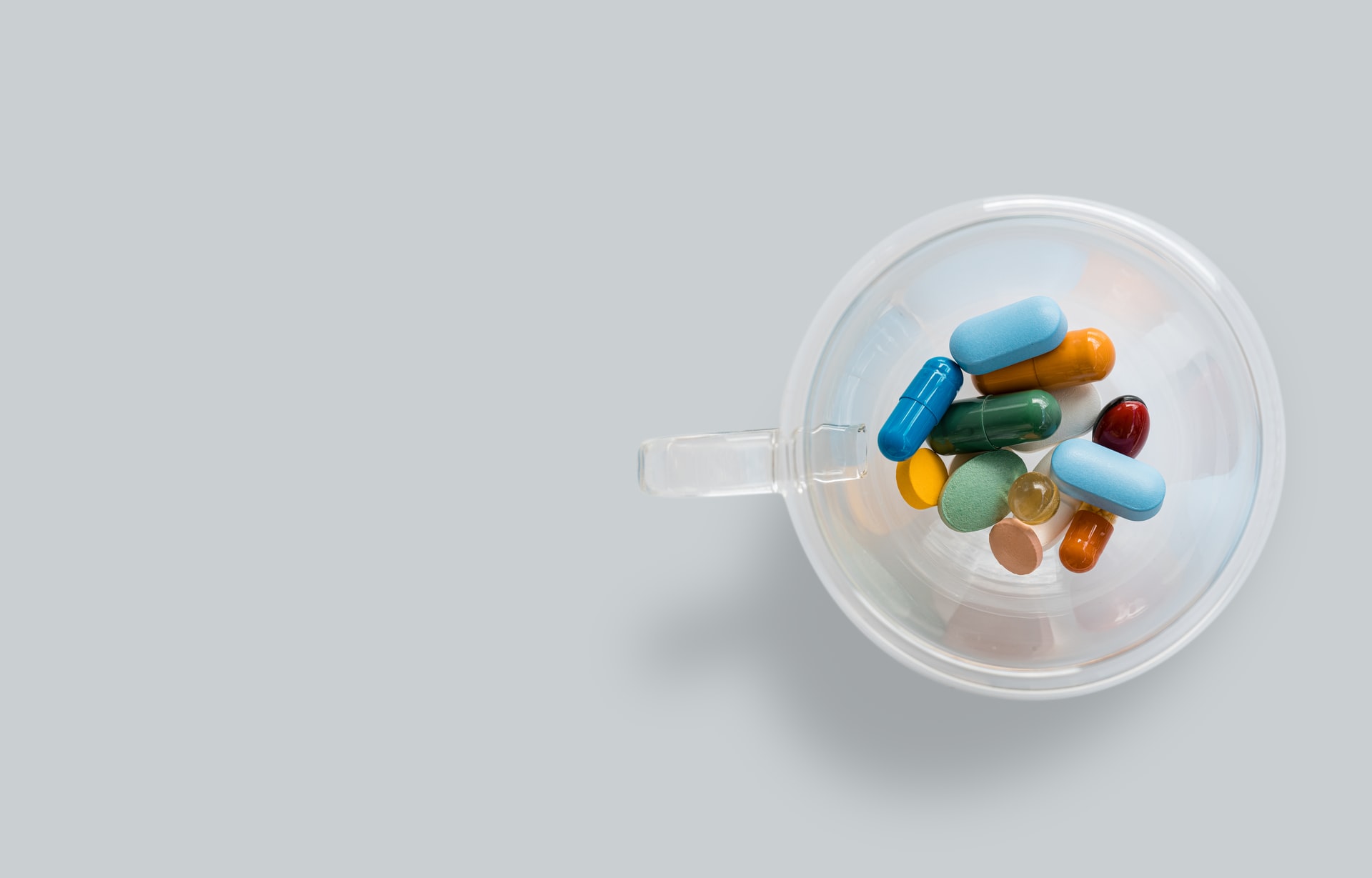Reading Time: < 1 minutes
- Molnupiravir is an antiviral pill being developed by Merck & Co. (a biopharmaceutical company).
- It was tested on 762 people—385 were given this pill, and 377 were given a placebo.
- Only 28 people out of 385 were hospitalised (7.3% hospitalisation), while out of the 377 who were given a placebo, 53 were hospitalised (14.1% hospitalisation).
- So, the pill has been found to reduce hospitalisation by around 50% (7.3 % vs 14.1%).
- Also, through day 29, no deaths were reported in patients who received Molnupiravir, while eight died from the group that had received a placebo.
- While the study was done on a small number (762), Merck is confident of the drug’s effectiveness and is looking to gain regulatory clearance on the pill.
- Some experts believe more research should be done before the medicine is approved for public use, but many governments have started ordering the supplies.
- The medicine is said to work by stopping the replication of the coronavirus through a mechanism called ‘lethal mutagenesis’.
- When a virus enters our body, it takes over because it tricks our cells into replicating it—suddenly, there are so many clones of the same virus, and they start killing the healthy cells (to know how the virus works, click here).
- Molnupiravir works by making the clones defective—the virus still replicates but the copies it gets our cells to produce are not as effective in causing the damage.
- In the study, adults with mild/moderate COVID took Molnupiravir every 12 hours for five days.
- The drug was found ineffective on people who are already hospitalised or have severe COVID.
- No major side effects of the pill were reported in this study (though it may not be safe for pregnant women).
- Only 1.3% of participants taking Molnupiravir had an adverse reaction, compared to 3.4% in the placebo group.
Image courtesy of Aleksandar Pasaric
Reference shelf :



